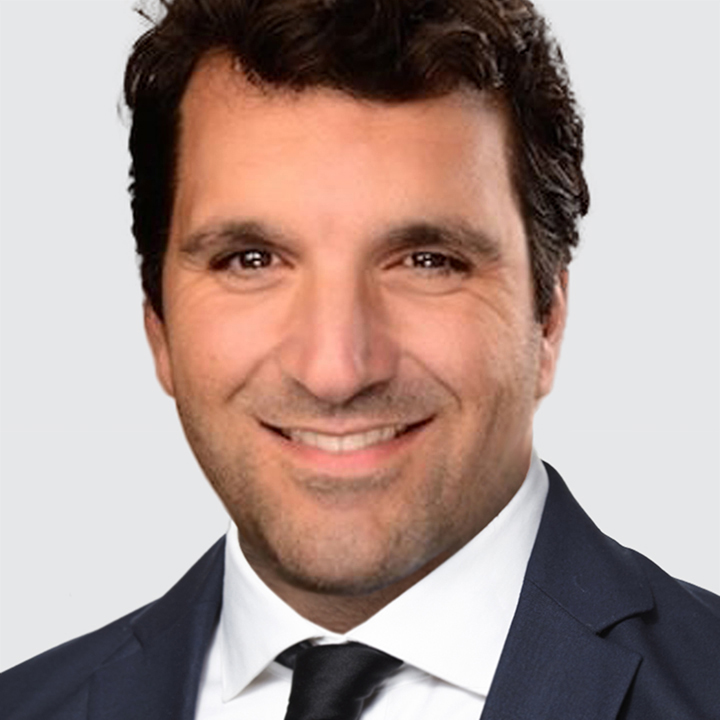Dollar, Yields, Stocks Up
- Financial markets are positioning for a Trump win ahead of the November 5 election.
- The policy-relevant measure of US inflation is projected to ease in May.
- Japan will have a new top currency official at the end of July.
USD is slightly firmer against most major currencies while yields on Treasury futures and S&P500 futures are up. Former US President Donald Trump is considered to have come out on top in the first presidential debate and financial markets are positioning for a Trump win ahead of the November 5 election. The second debate between President Biden and Donald Trump is scheduled for September 10.
Donald Trump plans to slash taxes and raise tariffs if elected. This combination is inflationary and could force the Fed to keep policy restrictive for longer. A loose fiscal/tight monetary policy mix is generally positive for a currency and supports higher bond yields. We will be putting out a US election primer over the summer that discusses the likely policy implications under different scenarios, including the makeup of Congress.
Today, the spotlight is on the US May Personal Income and Outlays report (1:30pm London). Both headline and core PCE are both projected to ease to 2.6% y/y from 2.7% and 2.8% in April, respectively. The Cleveland Fed’s inflation Nowcast model also sees both headline and core PCE at 2.6% y/y in May. The progress on inflation is encouraging but most Fed officials, including Chair Jay Powell, cautioned not to overreact to a month or two of good data.
Meanwhile, US personal income is projected to rise 0.4% m/m vs. 0.3% in April while spending is expected at 0.3% m/m vs. 0.2% in April. Real personal spending is expected to recover 0.3% after falling -0.1% in April. Of note, control group sales used for GDP calculations grew 0.4% m/m in May after dropping -0.5% the previous month (revised from -0.3%).
Fed speakers today include: Richmond Fed President Thomas Barkin (voter) (11:00am London), San Francisco Fed President Mary Daly (voter) (1:40pm & 5:40pm London), and Fed Governor Michelle Bowman (5:00pm London).
EUR/USD is trading on the defensive below 1.0700. The premium on French bonds over German bund widened to fresh highs ahead of Sunday’s first round of the French legislative elections. The latest Elabe poll of voting intentions shows the hard-right National Rally party would get 36% of the vote in the first round, unchanged from the last survey. The hard left alliance would get 27.5%, up 0.5 points. Macron’s centrist Ensemble group would get 20%, unchanged.
The ECB’s May consumer inflation expectations survey is up next (9:00am London). 1-year expectations are expected to fall a tick to 2.8% in May, while 3-year expectations are expected to remain steady at 2.4%. A further decline in inflation expectations would raise the odds of a September rate cut, which is currently 80% priced in by the swaps market.
GBP/USD is holding just above this week’s lows of around 1.2620. UK real GDP is estimated to have increased by 0.7% in Q1, revised up from a first estimate of 0.6%. Greater than previously reported increases in net trade and household spending were partially offset by downward revisions to gross capital formation and government consumption. In our view, the UK disinflationary trajectory supports the case for a BOE rate cut in August which can further weigh on GBP. The swaps market sees 67% odds of an August BOE rate cut.
USD/CAD rallied overnight on USD strength. CAD will partly be driven today by Canada’s April GDP report (1:30pm London). Canada’s economy is forecast to rise 0.3% m/m after stalling in March. Of note, other measures of economic activity picked up in April and so there are modest upside risks to the GDP data. The Bank of Canada projects Q2 GDP growth of 1.5% SAAR.
USD/JPY had a kneejerk upside move above 161.00 overnight on USD strength. The Tokyo CPI print (leading indicator of the national CPI) ran hot in June. Headline CPI rose a tick to 2.3% y/y (matching consensus), core ex-fresh food rose two ticks to 2.1% y/y (consensus: 2.0%), and core ex-fresh food and energy rose one tick to 1.8% y/y (consensus: 1.7%). Regardless, underlying inflation in Japan is in a firm downtrend suggesting the bar for an aggressive BOJ tightening cycle is high.
Japan’s Finance Ministry appointed Atsushi Mimura as its new vice finance minister for international affairs, making him the top currency official, replacing Masato Kanda effective July 31. Regardless of who’s in charge, until the BOJ outlines a more hawkish tightening cycle, Japan FX intervention will slow rather than reverse the uptrend in USD/JPY.

